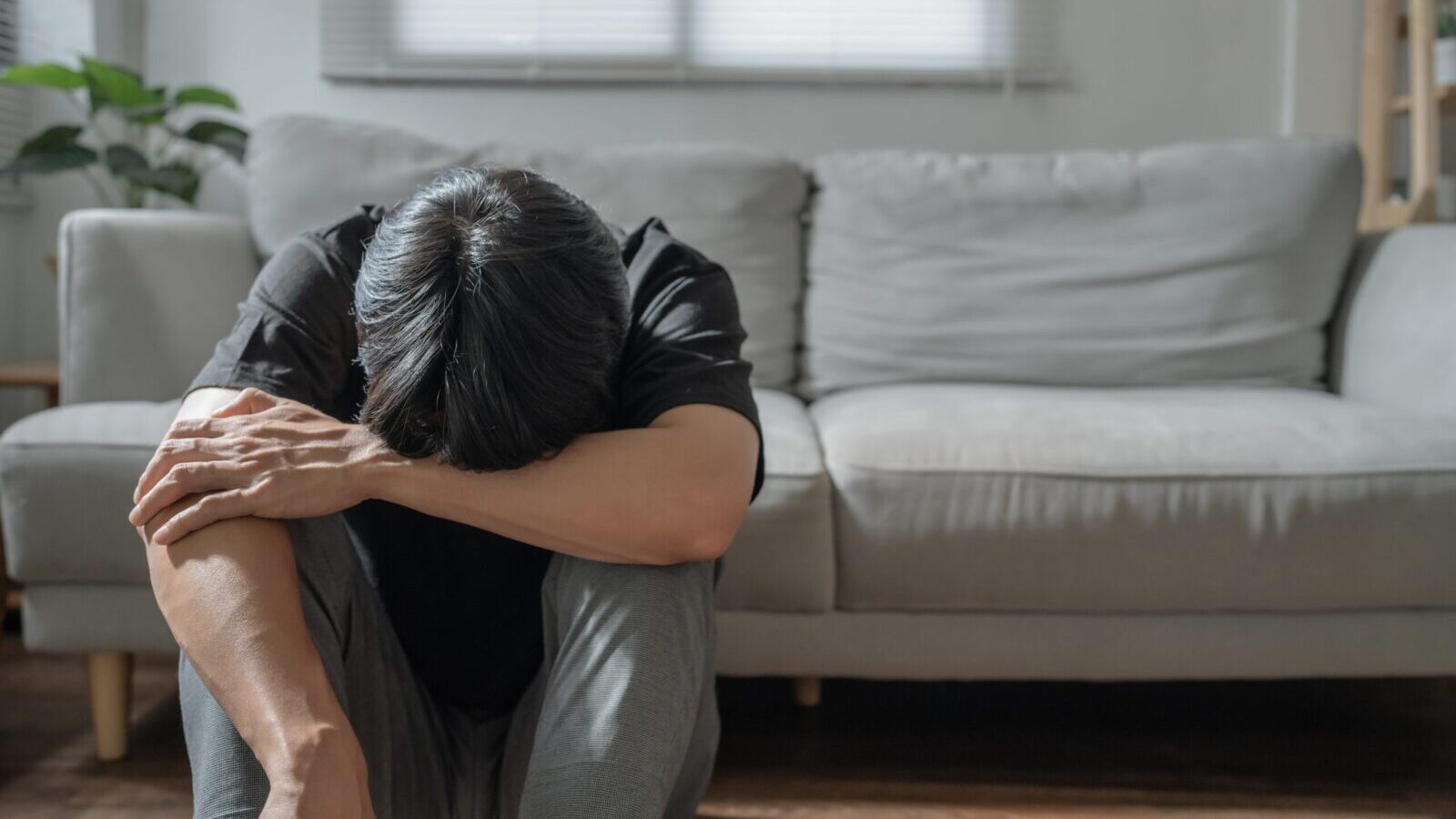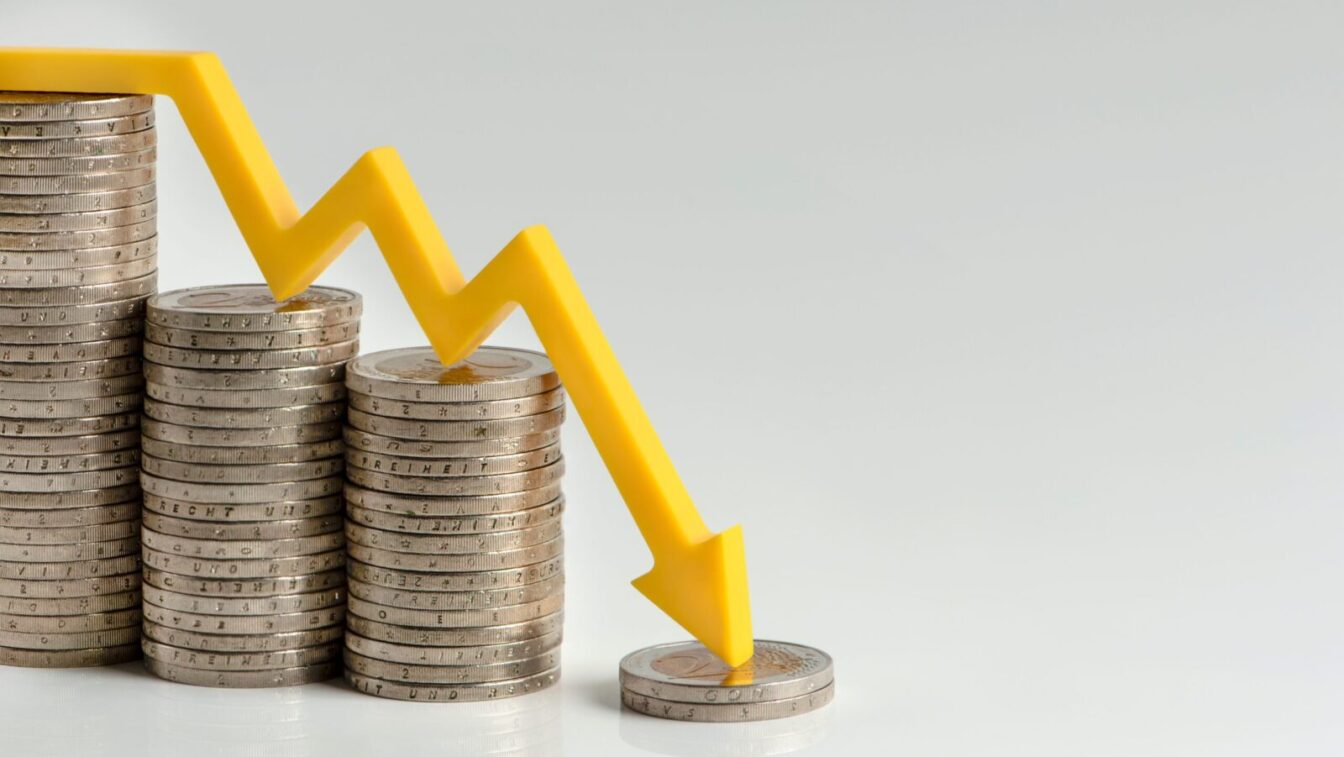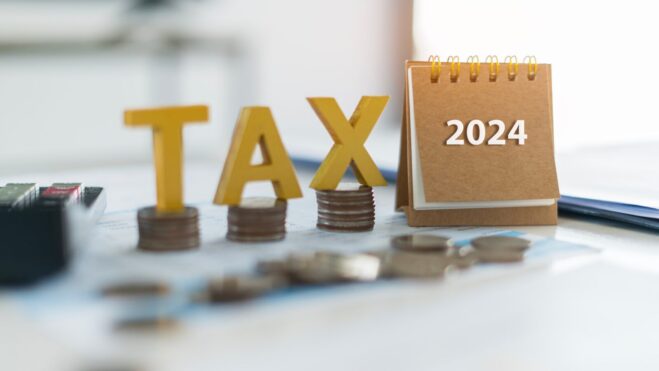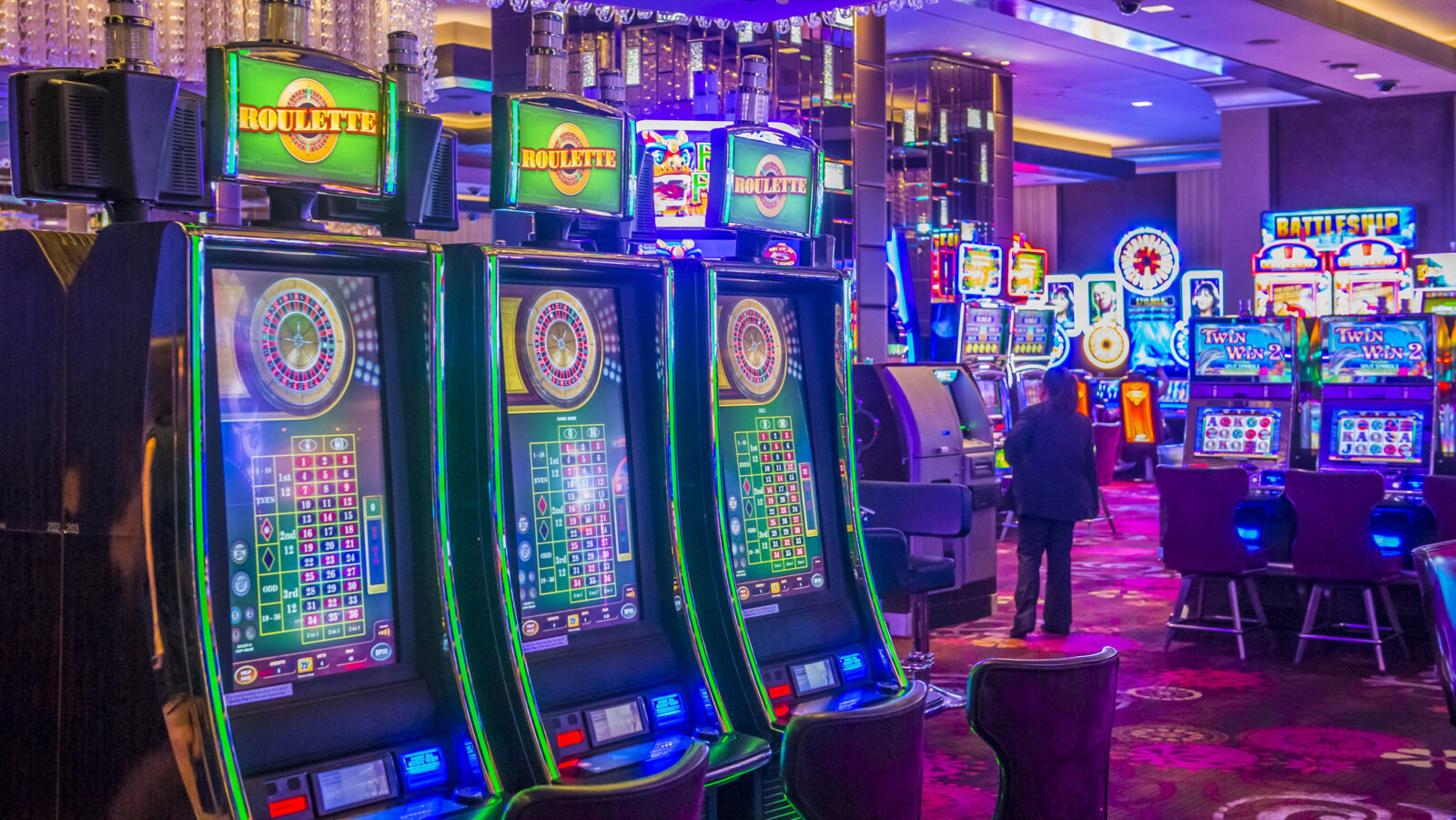Study: For Men, Depression And Loneliness Could Be Major Markers For Potential Problem Gambling
Australian study delves into some of why men have been more prone to problem gambling
2 min

Studies have shown American men are more susceptible to falling into the problem gambling trap than women.
But it’s not just an American issue; this problem crosses oceans.
In Australia, about half of all men gamble weekly, spending 22% more than women per session. Men face higher risks of gambling problems and experience more harm. These numbers and facts were not news to Gisela Roth of the University of Western Australia, but she wanted to know why.
So she looked into it, and wrote a paper titled “A moderated-mediation model? Exploring male social support, loneliness, depressive-vulnerability and problem gambling” and discovered a possible chain reaction: Depression leads to loneliness leads to gambling problems.
But fear not, depressed and/or lonely men: Roth also found social support can break that chain.
The depression-gambling link
Here’s more not-news: Depression and gambling are connected. The DSM-5 diagnostic criteria for gambling disorder includes “gambling when feeling depressed.” But the mechanisms between depression and gambling behavior remain murky.
Roth’s research tested whether loneliness acts as a bridge between depression and problem gambling, and if social support might weaken that bridge.
The study found what researchers call a “moderated-mediation model” — which means depression, loneliness, gambling, and social support interact in specific ways. For instance, according to Roth’s work, depression in 2020 was a strong predictor of problem gambling behavior in 2022. That held true even after controlling for gambling frequency, age, marital status, income, employment, education, and caregiver status.
And at high levels of loneliness, low social support is connected with higher problem gambling, she found. Put another way, social support might be the secret ingredient that can protect lonely men with depression from gambling problems.
The effect varied based on depression severity. For men with low depression, social support had more impact on reducing gambling. For men with high depression, social support didn’t help as much, which would seem to make sense, as those with severe depression tend to withdraw from their social networks.
Not just numbers
The study went beyond statistics to look at clinical categories. Men with no or minimal depression were significantly underrepresented in moderate and high problem gambling categories. Those with moderate and severe depression showed marked overrepresentation in the high problem gambling category.
In short: Clinically depressed men are much more likely to develop serious gambling problems according to Roth’s work.
Her study indicates a change in the way problem gambling treatment — and screening — might be done, with questions about loneliness and depression jumping to the front of the line. Additionally, problem gambling treatment should also consider potential signs for depression.
The study had limits, as Roth pointed out. Chief among them: The research didn’t fully test whether gambling problems might cause depression rather than the other way around. She also pointed out self-reported data might undercount problems, especially with men who tend to underreport symptoms. Most importantly, the connection between depression and gambling might involve other factors not measured in the study.
Despite the limitations, Roth made a compelling case that showed men in Australia with depression who feel isolated gamble more problematically than men without depression and with strong social networks.
It feels like these findings could also cross an ocean.





